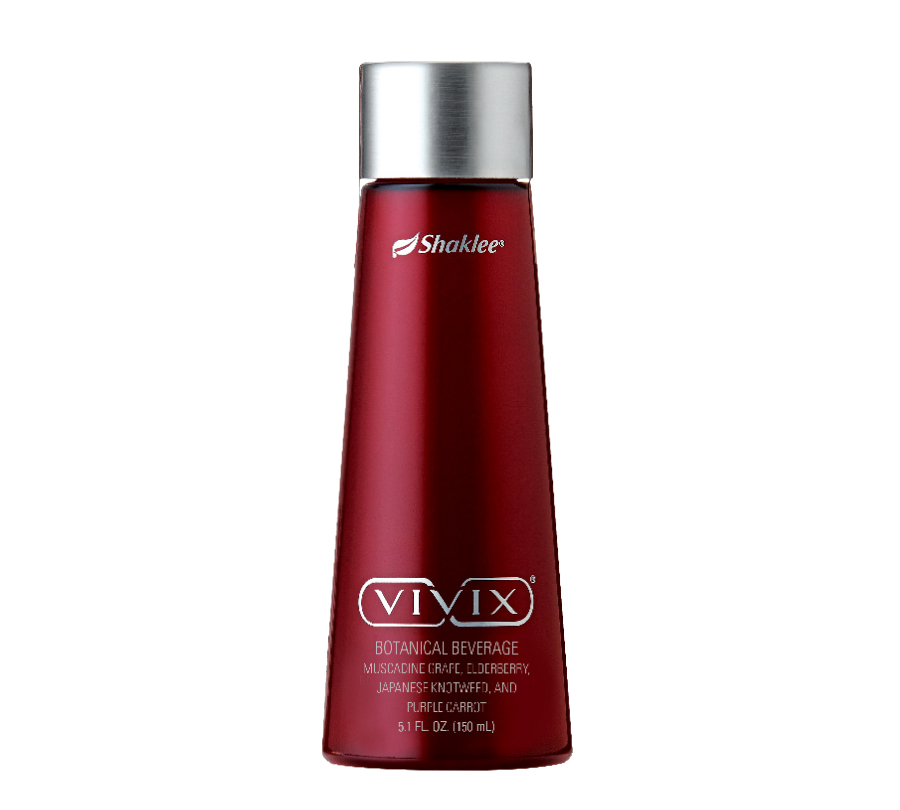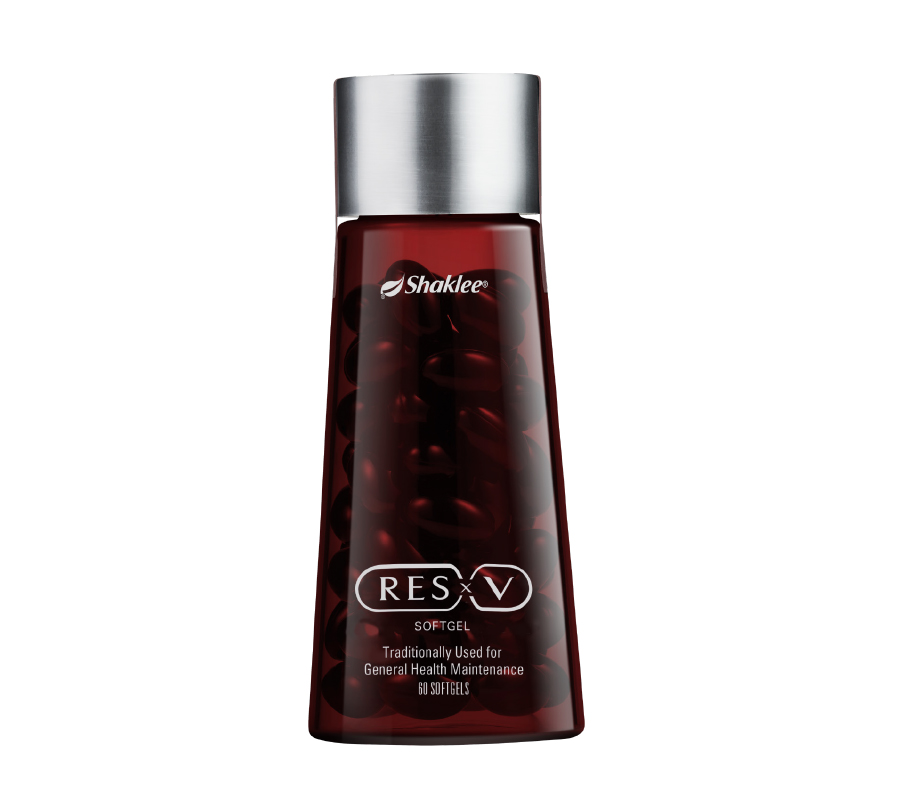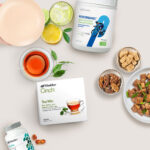以多酚活出精彩人生
以多酚活出精彩人生
数项科学研究强烈建议长期地摄取富含植物多酚的饮食可预防癌症、心血管疾病、糖尿病、骨质疏松症和神经退行性疾病。
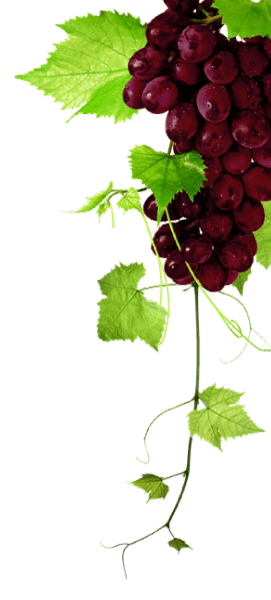

健康的肌肤
预防紫外线的伤害和自由基的侵袭17,提增胶原蛋白的合成1,并平滑细纹和皱纹2。

健康的血液循环
降低慢性发炎 – 心脏疾病的主因3, 4, 5以及降低血压和低密度脂蛋白(不良)胆固醇的水平,并同时提升高密度脂蛋白(良好)胆固醇。6,7

健康的血糖水平
降低空腹血糖水平、改善血糖耐力和增加身体对胰岛素的敏感性。8

促进身体排毒的洁净的效力
调节体内的压力、减缓红肿和降低肝脏细胞的死亡率9,提升肝脏健康,以及模仿禁食或减少卡路里摄取量的健康效应,帮助减重。10

健康的大脑功能
每日摄取葡萄汁持续12个星期11可提升患有轻微精神损伤成人的记忆力。每日持续地摄取多酚可改善大脑的血流量,加强记忆和集中力。12, 13, 14, 15

提增能量和肌肉耐力
加速线粒体(我们人体的主要发电厂)的生产量。若搭配运动,它也可改善老年人的肌肉质量和再生能力。16

健康的细胞生成
多酚可抑制各种癌细胞的增生及发展17,18,19,也是其中一种可降低患癌风险的化合物。17, 20

滋养和支持关节健康
预防软骨退化,增加关节软骨和胶原蛋白的合成。21
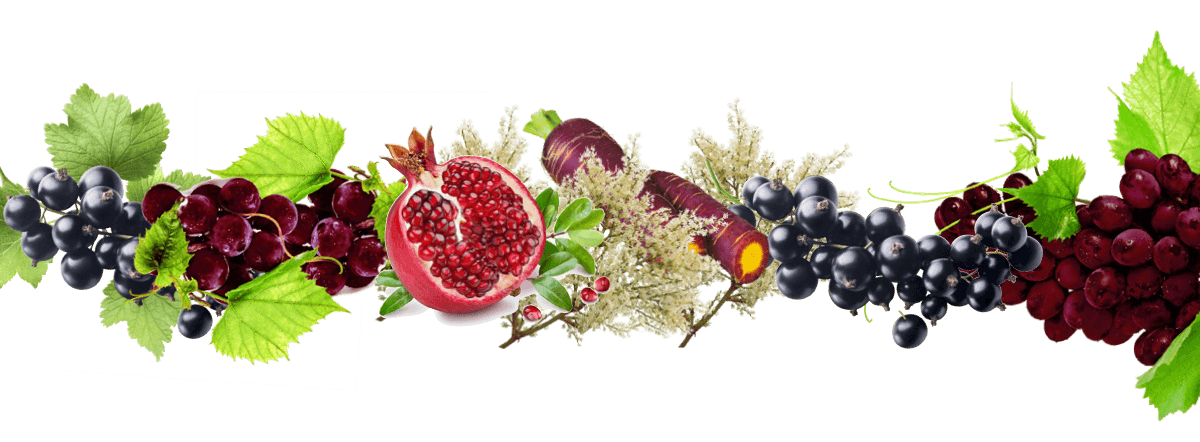
参考文献:
1. Afaq, F., & Katiyar, S. K. (2011). Polyphenols: skin photoprotection and inhibition of photocarcinogenesis. Mini reviews in medicinal chemistry, 11(14), 1200–1215. 2. Joi A. Nichols, S. K. (2010). Skin photoprotection by natural polyphenols: anti-inflammatory, antioxidant and DNA repair mechanisms. Archives of Dermatological Research, 71-83. 3. Hunter P. (2012). The inflammation theory of disease. The growing realization that chronic inflammation is crucial in many diseases opens new avenues for treatment. EMBO reports, 13(11), 968–970. doi:10.1038/embor.2012.142. 4. Tangney, C. C., & Rasmussen, H. E. (2013). Polyphenols, inflammation, and cardiovascular disease. Current atherosclerosis reports, 15(5), 324. doi:10.1007/s11883-013-0324-x. 5. Hussain, T., Tan, B., Yin, Y., Blachier, F., Tossou, M. C., & Rahu, N. (2016). Oxidative Stress and Inflammation: What Polyphenols Can Do for Us?. Oxidative medicine and cellular longevity, 2016, 7432797. doi:10.1155/2016/7432797. 6. Potì, F., Santi, D., Spaggiari, G., Zimetti, F., & Zanotti, I. (2019). Polyphenol Health Effects on Cardiovascular and Neurodegenerative Disorders: A Review and Meta-Analysis. International journal of molecular sciences, 20(2), 351. doi:10.3390/ijms20020351. 7. Cheng, Y. C., Sheen, J. M., Hu, W. L., & Hung, Y. C. (2017). Polyphenols and Oxidative Stress in Atherosclerosis-Related Ischemic Heart Disease and Stroke. Oxidative medicine and cellular longevity, 2017, 8526438. doi:10.1155/2017/8526438. 8. Kim, Y., Keogh, J. B., & Clifton, P. M. (2016). Polyphenols and Glycemic Control. Nutrients, 8(1), 17. doi:10.3390/nu8010017. 9. Peiyuan H, et al. Resveratrol ameliorates experimental alcoholic liver disease by modulating oxidative stress. Evid Based Complement Alternat Med. 2017;2017:4287890. 10. Renes J, et al. Calorie restriction-induced changes in the secretome of human adipocytes, comparison with resveratrol-induced secretome effects. Biochim Biophys Acta. 2014 Sep;1844(9):1511–1522. 11. Krikorian, R., Nash, T., Shidler, M., Shukitt-Hale, B., & Joseph, J. (2010). Concord grape juice supplementation improves memory function in older adults with mild cognitive impairment. British Journal of Nutrition, 103(5), 730-734. doi:10.1017/S0007114509992364. 12. David T. Field, Claire M. Williams, Laurie T. Butler. (2011). Consumption of cocoa flavanols results in an acute improvement in visual and cognitive functions. Physiology & Behavior. Volume 103, Issues 3–4. Pages 255-260: ISSN 0031-9384. https://doi.org/10.1016/j.physbeh.2011.02.013. 13. Scholey, A. B., French, S. J., Morris, P. J., Kennedy, D. O., Milne, A. L., & Haskell, C. F. (2010). Consumption of cocoa flavanols results in acute improvements in mood and cognitive performance during sustained mental effort. Journal of Psychopharmacology, 24(10), 1505–1514. https://doi.org/10.1177/0269881109106923. 14. Sorond, F. A., Lipsitz, L. A., Hollenberg, N. K., & Fisher, N. D. (2008). Cerebral blood flow response to flavanol-rich cocoa in healthy elderly humans. Neuropsychiatric disease and treatment, 4(2), 433–440. 15. Francis, S.T., Head, K., Morris, P.W., & Macdonald, I.A. (2006). The effect of flavanol-rich cocoa on the fMRI response to a cognitive task in healthy young people. Journal of cardiovascular pharmacology, 47 Suppl 2, S215-20. 16. Bennett BT, et al. Effects of resveratrol on the recovery of muscle mass following disuse in the plantaris muscle of aged rats. PLoS One. 2013; 8(12): e8351840. 17. Zhou, Y., Zheng, J., Li, Y., Xu, D. P., Li, S., Chen, Y. M., & Li, H. B. (2016). Natural Polyphenols for Prevention and Treatment of Cancer. Nutrients, 8(8), 515. doi:10.3390/nu8080515. 18. Madigan, Mariah & Karhu, Elisa. (2018). The role of plant-based nutrition in cancer prevention. Journal of Unexplored Medical Data. 3. 9. 10.20517/2572-8180.2018.05. 19. Monica Dinu, Rosanna Abbate, Gian Franco Gensini, Alessandro Casini & Francesco Sofi (2017) Vegetarian, vegan diets and multiple health outcomes: A systematic review with meta-analysis of observational studies, Critical Reviews in Food Science and Nutrition, 57:17, 3640-3649, DOI: 10.1080/10408398.2016.1138447. 20. Niedzwiecki, A., Roomi, M. W., Kalinovsky, T., & Rath, M. (2016). Anticancer Efficacy of Polyphenols and Their Combinations. Nutrients, 8(9), 552. doi:10.3390/nu8090552. 21. Shen, Chwan-Li & Smith, Brenda & Lo, Di-Fan & Chyu, Ming-Chien & Dunn, Dale & Chen, Chung-Hwan & Kwun, In-Sook. (2012). Dietary polyphenols and mechanisms of osteoarthritis. The Journal of nutritional biochemistry. 23. 1367-77. 10.1016/j.jnutbio.2012.04.001.





